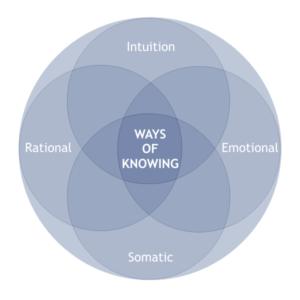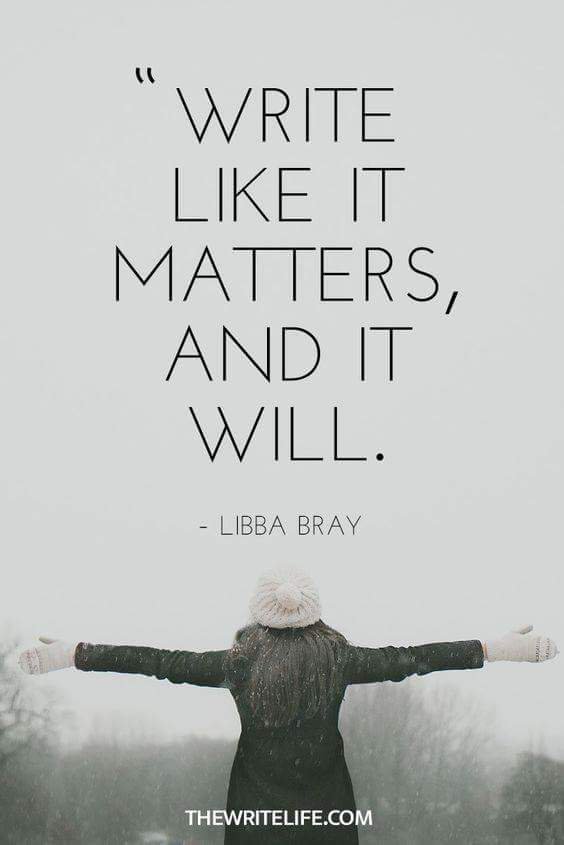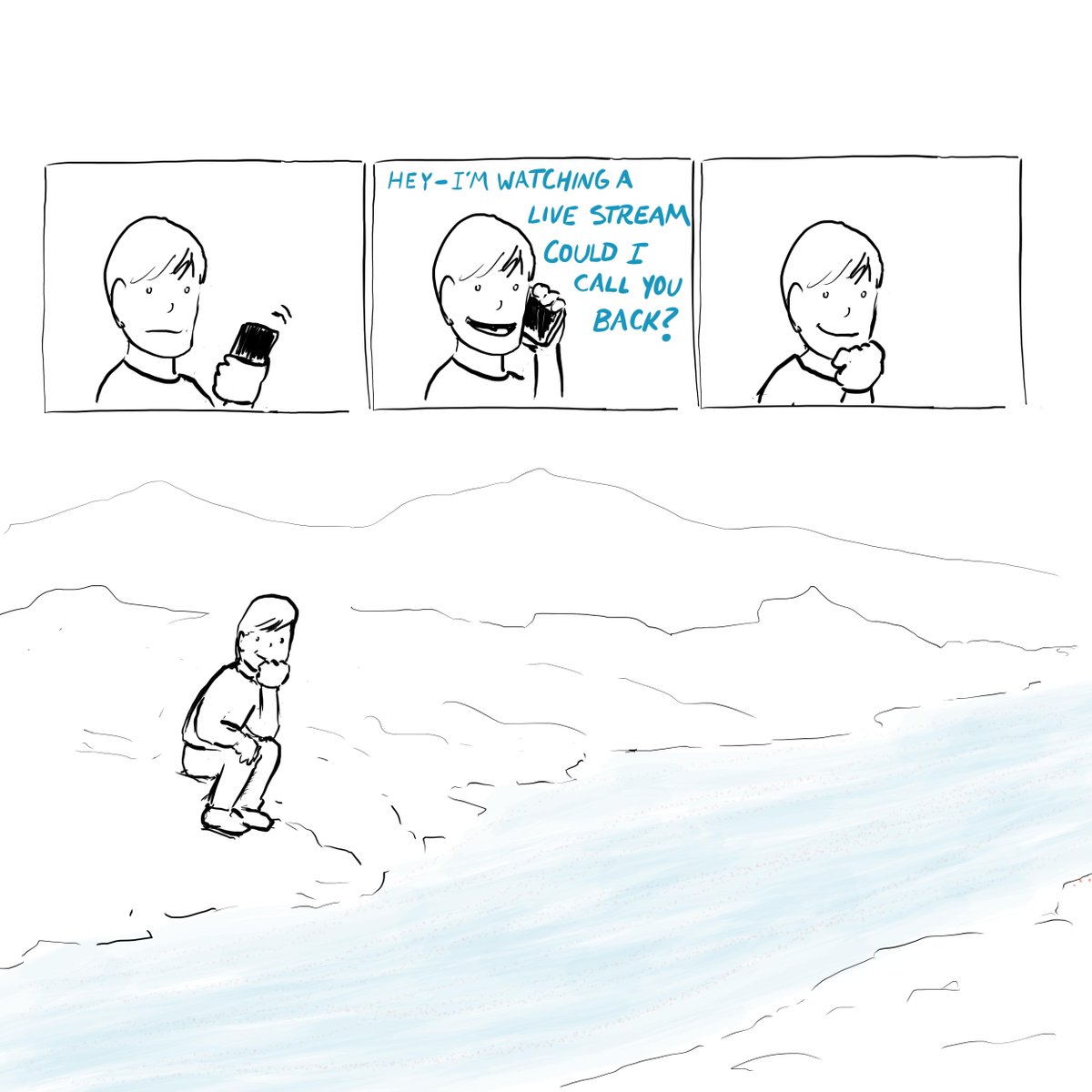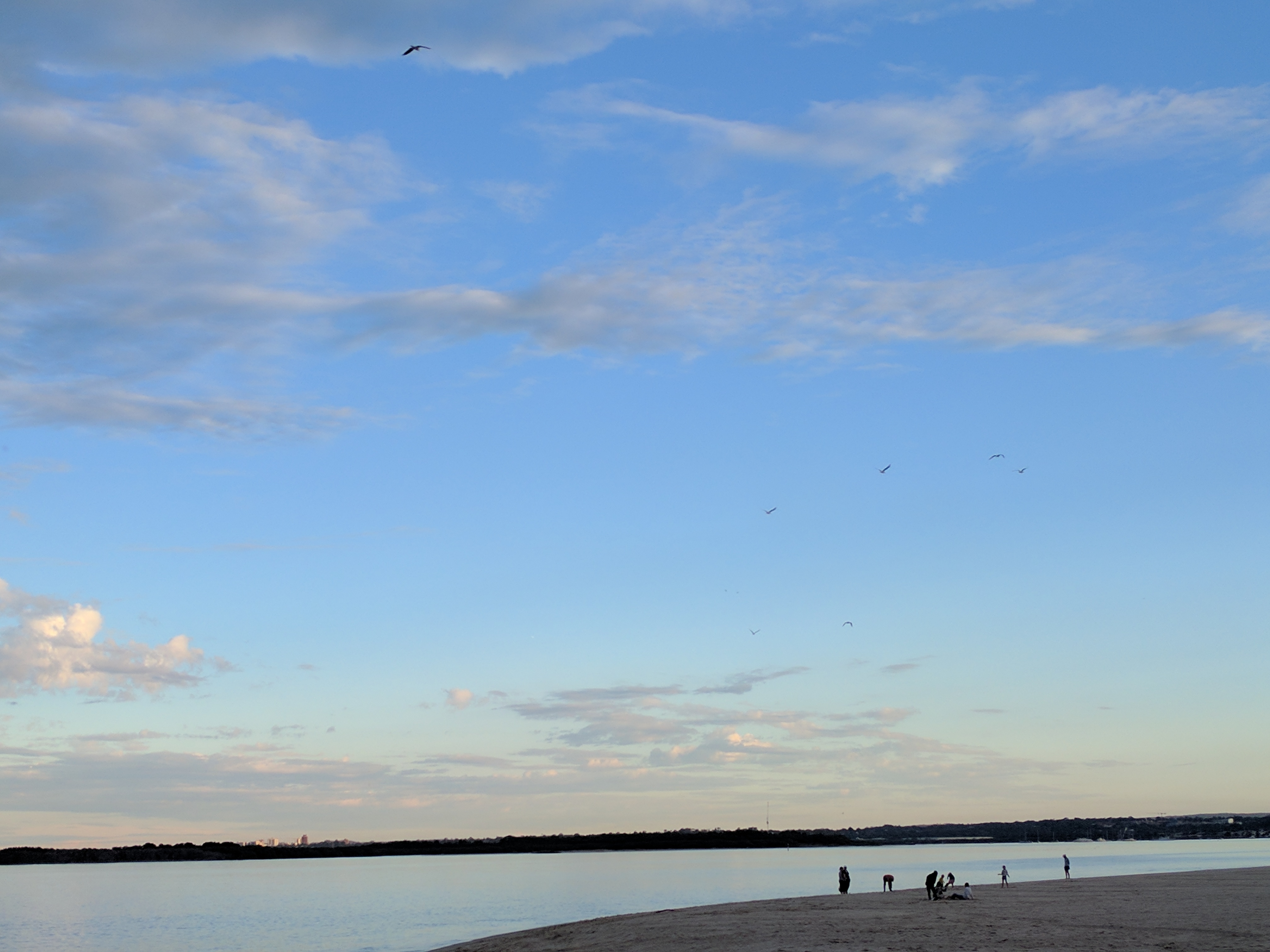8 strategies to up self-confidence (and this is more a post to myself than anything):
1. Ask, ‘what would I say to a loved one in this situation?’ We’re kinder and more compassionate to others than to ourselves. Also, we’re not so quick to mull or analyse all that’s going wrong when helping someone else. Questioning entails mindful awareness to a problem. Too often, people lacking in self-confidence brush off a mistake or a lost opportunity as a character flaw, not as a chance to gain insight into a problem area.
2. Expand your circle of potential. Visualisation is a powerful technique of creating an image of yourself as you want to be, within your mind. When we struggle with low self-confidence, we have a poor perception of ourselves that is often inaccurate. When visualising a positive version of yourself, several areas converge helping you to: a) activate your creative subconscious which increases creativity, b) program your brain to recognise internal and external resources c) manifest the law of attraction, thereby placing yourself in the purview of positive people and opportunities, and d) increase your motivation to take the necessary actions to achieve your dreams.
3. Notice what you’re doing well. This step loosely fits into the “think positive” mantra, and with good reason. When you’re lacking confidence, it’s easy to focus on mistakes. The trick is to catch yourself before a bad mood threatens your day. For example, a while back I noticed when I awoke my mind quickly scanned all the things I didn’t accomplish from the day before. Once I caught myself, I reframed with, “what am I doing right?” This was a game changer in starting my day on a healthy note.
4. Give negative thoughts the boot. This ties into the tip above, as unhealthy thoughts pervade an insecure mindset. A hallmark of an emotionally healthy mind is vigilance around what enters your sacred mental real estate.
5. Get curious about your inner world. When you become self-aware about your thoughts and how they impact your feelings and behaviors, you’ve set the stage for reducing insecurities. “Hmm, that was an interesting reaction…wonder if there’s something deeper I’m avoiding.” Or, “if I was to let go of my need to control the outcome of situations, how would that feel?”
6. Take risks. You miss 100 percent of the shots you don’t take. Regret is a huge theme in psychotherapy, especially as we age and our lives become more narrow. Bottom line: You will never reach your potential if you don’t execute a plan.
7. Act “as if” you possess the confidence your aspire to have. When life doesn’t go well it can seem like there’s no rhyme or reason. This is a good time to behave “as if” you’re where you want to be. It’s getting up early, showering, putting on nice clothes and going out in public and networking even though you don’t have a job. Building self-confidence means taking action despite your fear of failure. If things work out, then you now know you’re more confident than you think. If things don’t work out, you now know the experience didn’t break you. Either way, you’re better off.
8. Get organised. Have a system in place for problem-solving. If career advancement is hindered because you didn’t pass an important test, set daily goals for learning the material. Every problem has a solution, and a disorganised mind is the enemy of momentum. Study like there’s no tomorrow and adjust your priorities, accordingly.
The good news is research reveals that self-confidence isn’t fixed at a certain age, but tends to increase with self-awareness and life experience. You are as young as your self-confidence, as old as your fears; as young as your hope, as old as your despair.








